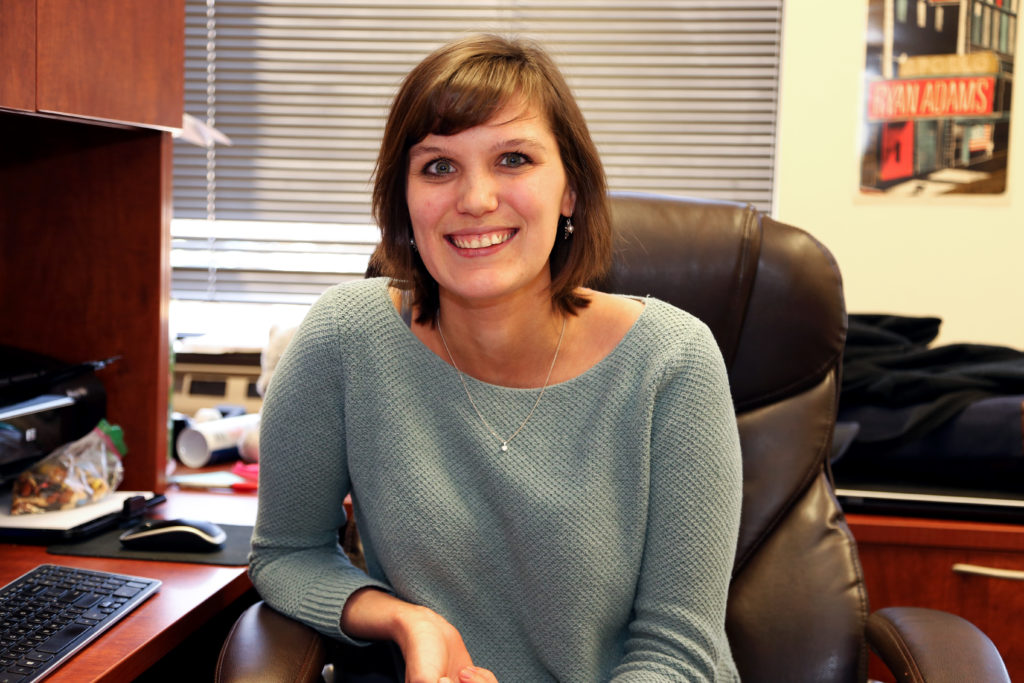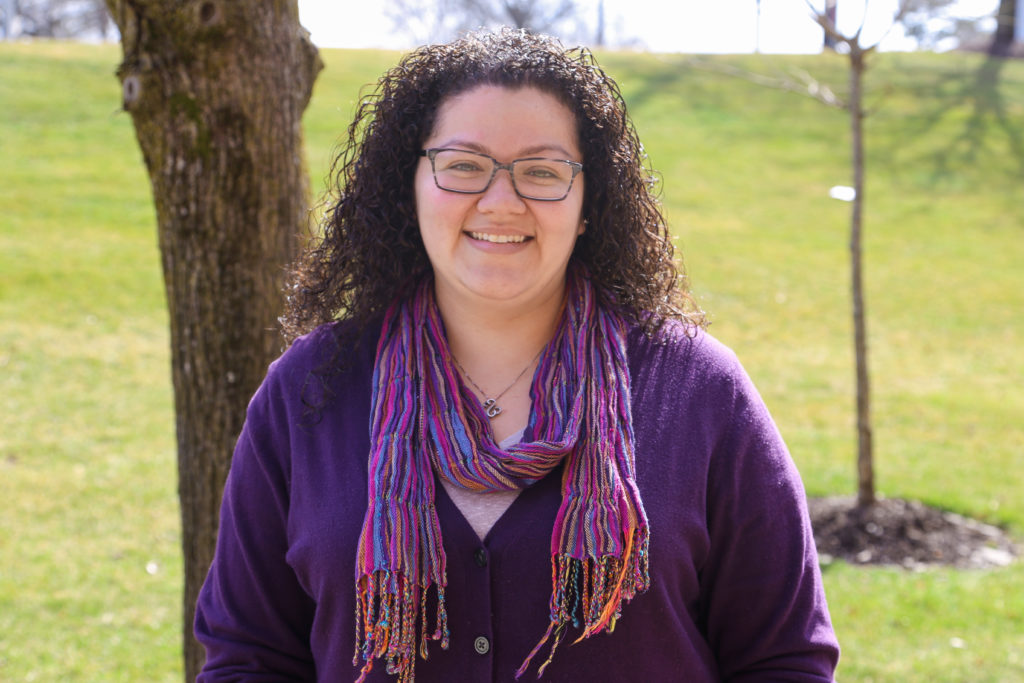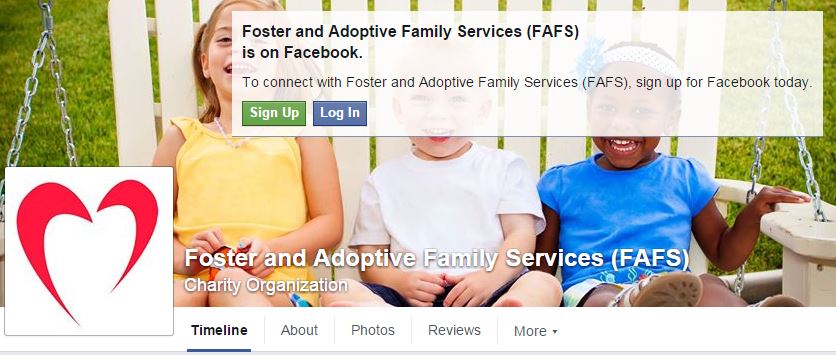All around the globe, peer support meetings are being held to help individuals through a variety of unique challenges and situations. Whether it’s recently bereaved parents talking through grief or veterans discussing their PTSD, peer groups can be found nearly everywhere because they’ve been proven to be emotionally and psychologically beneficial.

Foster parent support groups are no different.
Peer support is based on the principle that individuals who have faced and overcome adversity can offer useful information, encouragement and mentorship to others facing similar situations. A veteran who has come back from a war and assimilated back to civilian life will, in most cases, have a better understanding of what a soldier who just returned home is going through than someone without that distinctive experience.
According to a May 2019 report from Mental Health America:
“Both quantitative and qualitative evidence indicate that peer support lowers the overall cost of mental health services by reducing re-hospitalization rates and days spent in inpatient services, increasing the use of outpatient services. Peer support improves quality of life, increases and improves engagement with services, and increases whole health and self-management.”
In the case of foster parents, who better to understand the complicated foster care system, the unique needs of the children and the emotional roller coaster of parenting them than those who have been through it themselves.
That’s why foster care agencies throughout the country hold meetings where former and current foster, adoptive and kinship parents can share their experiences and offer an understanding ear and comforting shoulder.
In St. Cloud, Minnesota, Family TIES (Training, Information, Encouragement and Support) held three separate meetings a month to help parents connect and support one another, according to the SC Times:
“It was kind of a dream of mine from the very beginning, that we would have a support system in place for people coming in, because of the challenges we found when we started and wanting to help those coming in to do foster care,” (veteran foster parent Deana) Hoeschen said.
At meetings, they visit, eat and sometimes get training on issues like fetal-alcohol syndrome and trauma-informed care.
They also discuss the practical: what to do about health insurance and how to navigate the paperwork.
“It can be a really big challenge … to be able to get questions answered in a timely manner,” Hoeschen said.
In New Jersey, embrella holds Connecting Families community based meetings for all open licensed resource homes in the state. These meetings, held in northern, central and southern locations, are opportunities for parents to not only share their stories but also to connect with others who have been through it before.
“There are many triumphs and challenges that come along with being a resource parent that may not always be understood by everyone, but a fellow resource parent understands,” embrella’s Director of Support Services Tara Rizzolo said.
The meetings are also a chance to take trainings, learn about essential services and build a support network.
“embrella’s Connecting Families activities provide a forum for resource families to share their experiences, form friendships and establish lifelong bonds,” Rizzolo continued. “The purpose of our meetings is to bring families together, so that they can connect with others and establish a network of support. This helps to strengthen who they are as parents and the care they provide for our children.”
If you’re a licensed resource parent with an open home in New Jersey, consider attending a nearby Connecting Families meeting.
If you’re outside of New Jersey, click here to find a support group near you.





